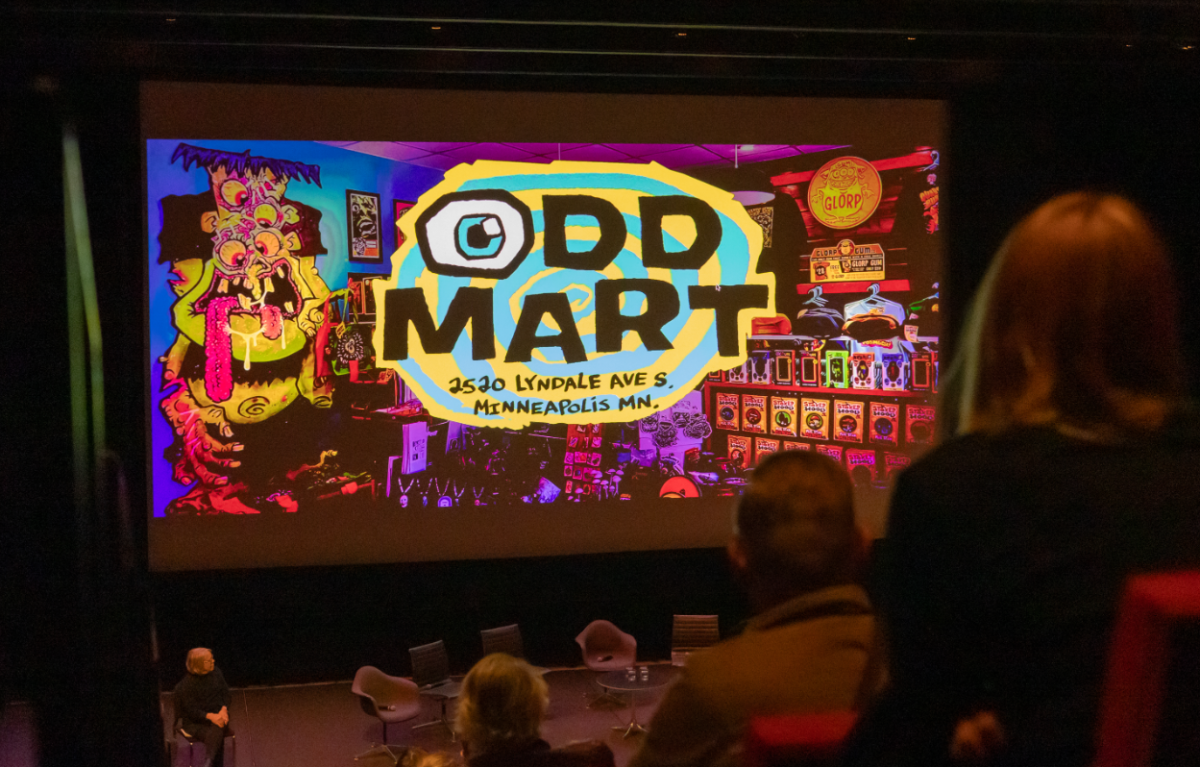Chili Palmer (John Travolta) would be the first to admit sequels usually fall short of the mark.
“I got hustled into doing the sequel,” Chili moans in the opening scene of “Be Cool,” the sequel to the 1995 comedy “Get Shorty.” Both movies are based on novels by Elmore Leonard, and both recount Chili’s quest to abandon loan sharking and find happiness and profit in Hollywood.
This time around, Chili leaves the movie business to enter the music industry. His new love interest, Edie Athens (Uma Thurman) is a widow and inheritor of a major record label.
“Be Cool” freshens up Hollywood convention by playing with stereotyped race and gender roles.
Vince Vaughn, for example, plays Raji, the manager of Linda Moon (Christina Milian), an up-and-coming pop star who feels oppressed and unappreciated in the night club scene.
“He thinks he’s black,” Linda says of her poseur manager who, although he pretends to be a tough guy, only fights when his enemy is helpless and choking on a sandwich.
Cedric the Entertainer plays Sin LaSalle, a sillier version of music producer Marion “Suge” Knight. Sin, however, went to the Wharton School of Business at the University of Pennsylvania and lives in a beautiful suburban home with his wife and young daughter, who attends parochial school.
Similarly, Raji’s bodyguard, Elliot Wilhem, played by The Rock, defies the general stereotype of a macho bodyguard. Elliot is a gay man who dreams of being an actor, finds pleasure in song and dance, and likes stuffed animals.
Most of the jokes in “Be Cool” are lifted straight from “Get Shorty” (for example, instead of driving “the Cadillac of mini vans,” Chili now drives a Honda Insight, “the Cadillac of gas-electric hybrid cars”). At times, these nods make “Be Cool” feel a tad redundant.
However, in the end, director F. Gary Gray’s attempt to defy stereotyping makes the film a little more complex than you’d think.
Although “Be Cool” is nowhere near as clever and funny as “Get Shorty,” Gray’s commentary on the assumptions we make about others allows the film to become a useful tool for analyzing the current pop culture wasteland.







